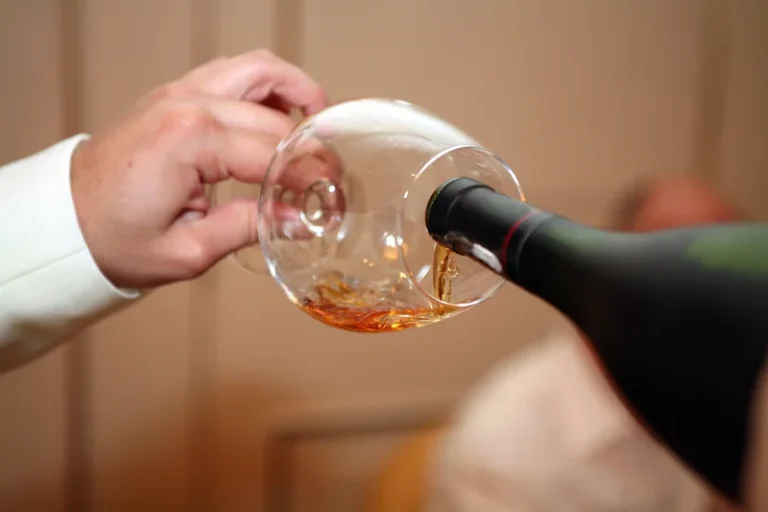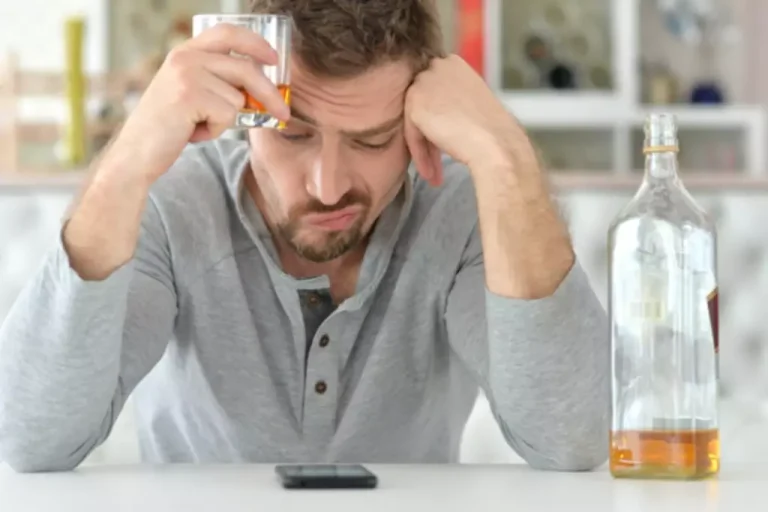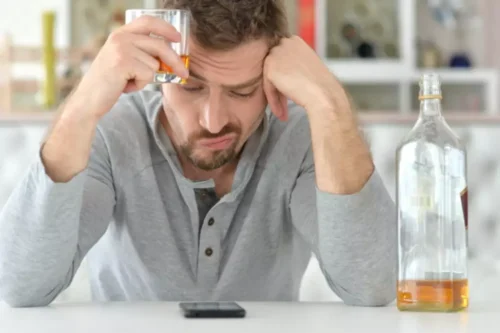
With comprehensive treatment, you can break alcohol’s grip – freeing yourself from its damaging physical and psychological effects. Regaining your health allows you to excessive sweating after drinking rebuild your life, free from addiction’s chains. Your body struggles to regulate temperature as it rids itself of alcohol’s toxins. Drenching sweats disrupt sleep, compounding fatigue and irritability. If you experience severe sweating that does not subside, seek help from a licensed medical professional.
Symptoms

In some cases, the cause may never be found, particularly with primary hyperhidrosis. In others, the cause may be obvious and potentially treatable, as can happen with cases of secondary hyperhidrosis. Around 3 percent of the population are affected by primary hyperhidrosis. From the broadest perspective, hyperhidrosis can be described as being either primary focal hyperhidrosis or secondary hyperhidrosis. Withdrawal symptoms can begin as soon as a few hours after your last drink or within several days. The hypothalamus (a region of the brain) is responsible for controlling the nervous system and body temperature.

Other Possible Sleep Disturbances During Alcohol Detox
In addition, some individuals may experience nightmares as a side effect of alcohol-induced night sweats, which can further disrupt the quality of their sleep. This is best done under medical supervision, as some withdrawal symptoms can be dangerous. Physicians may prescribe medications to help ease the discomfort and ensure a safer withdrawal process.
Alcohol intolerance
- When we consume alcohol, it can cause our bodies to become dehydrated, leading to increased thirst and a need to urinate more frequently.
- In severe cases, a condition called delirium tremens may develop, characterized by seizures and potential fatality 2.
- A single alcoholic drink is enough to trigger a hangover for some people, while others may drink heavily and not have a hangover.
- The only way to prevent the symptoms of alcohol intolerance is to avoid drinking alcohol.
Night sweats can be one of these symptoms as your body reacts to the absence of alcohol in your system. Moreover, if you drink to cope with stress or difficult emotions, you might find yourself experiencing night sweats as an additional physical response to these stressors. Alcohol-induced night sweats are not uncommon in those who drink regularly or excessively. Shakiness, dizziness, heart palpitations, nausea, headaches, or fatigue may also result. It is crucial to note that shaking and sweating after drinking alcohol can sometimes indicate underlying health conditions. If these symptoms persist or are accompanied by other concerning signs, it is advisable to seek medical attention for proper evaluation and diagnosis.
- Symptoms include skin flushing, excessive sweating and gastrointestinal distress.
- Experiencing shakes or tremors after consuming alcohol can be unsettling.
- Hypoglycemia, or low blood sugar levels, is another condition that can cause night sweats.
- However, if multiple indicators are present, it may be an indication of a more significant issue.
However, if multiple indicators are present, it may be an indication of a more significant issue. Incorporating a balanced diet plays a significant role in your overall health. There are numerous resources and dedicated professionals available to help guide you toward recovery.
What can I expect if I have hyperhidrosis?
Staying hydrated is essential to maintain balance in your body and helps in preventing night sweats. Drink plenty of water throughout the day, particularly when consuming alcohol to offset its dehydrating effects. Prioritizing these five key areas in your life can contribute to more effective recovery outcomes and help you reduce the likelihood of alcoholic night sweats reoccurring. By understanding the factors contributing to alcoholic night sweats and taking action to reduce or prevent them, you can improve your sleep quality and overall well-being.
- Complete the form below and we will complete your insurance verification and get back with you shortly.
- To minimize the risk of experiencing night sweats caused by alcohol, it is crucial to consume alcohol responsibly and in moderation.
- Using breathable beddings such as cotton sheets and avoiding heavy blankets that trap heat can also help in reducing night sweats.
- Constant sweating may be so severe that you avoid common actions, such as lifting your arms or shaking hands.
- Those with prolonged, heavy drinking habits may experience more intense and longer-lasting night sweats.
- A few drinks may cause your heart to accelerate, which further increases the chances of flushing and sweating.

Excessive sweating is common and can affect the whole body or just certain areas. Sometimes it gets better with age but there are things you can do and treatments that can help. Some companies use misleading advertising to claim that their products can prevent hangovers. But the only guaranteed way to prevent a hangover is to not drink alcohol. Congeners are more likely to produce a hangover or make a hangover worse. But drinking too much alcohol of any color can still make you feel bad the next morning.
